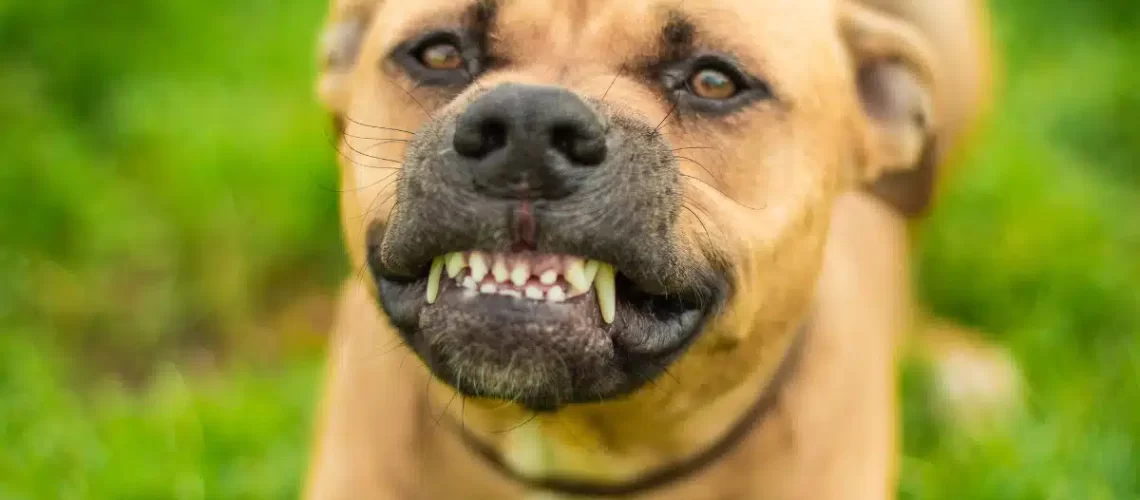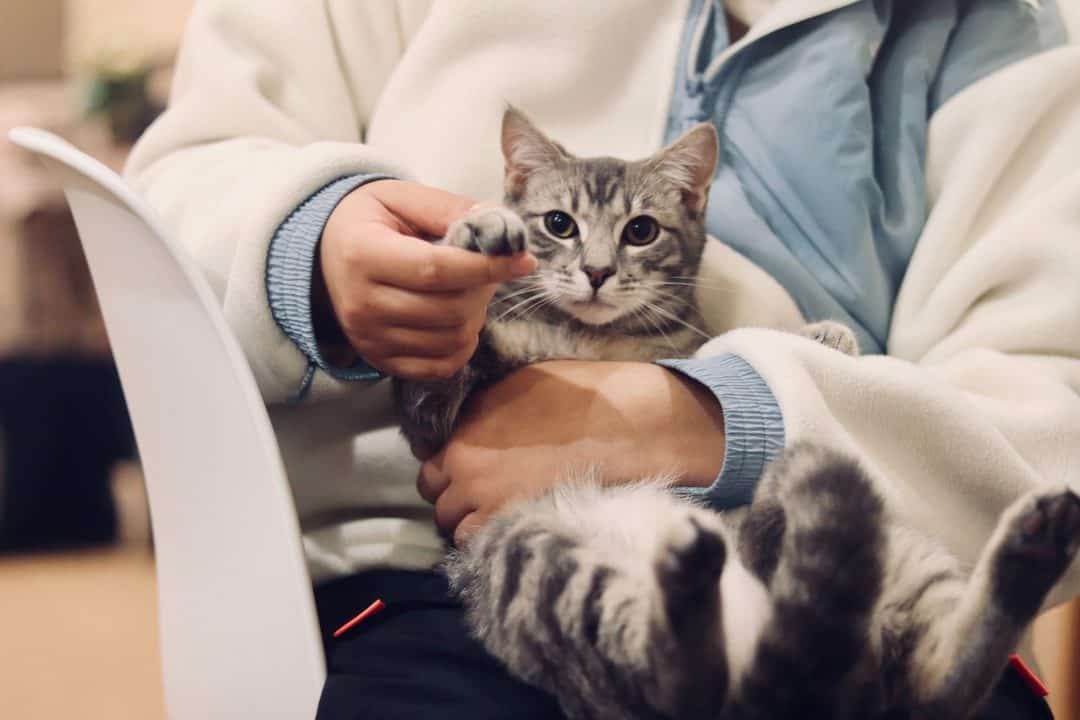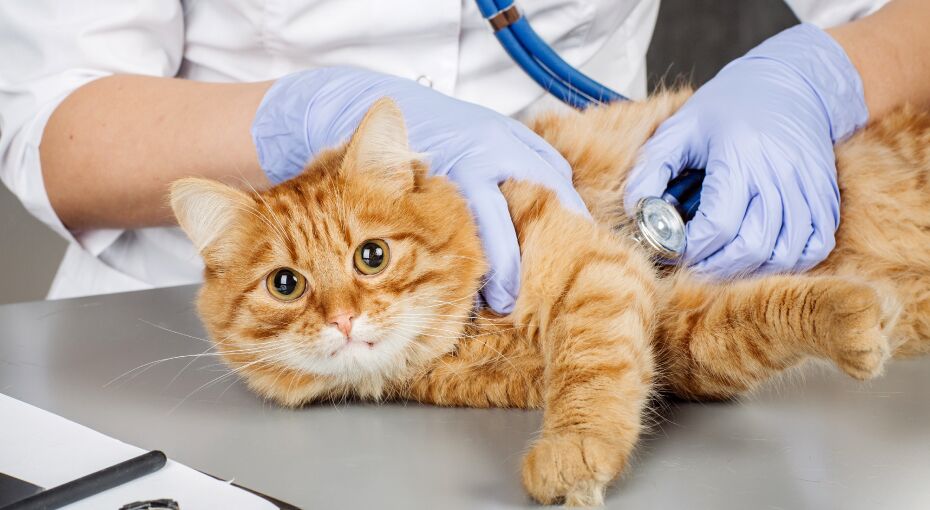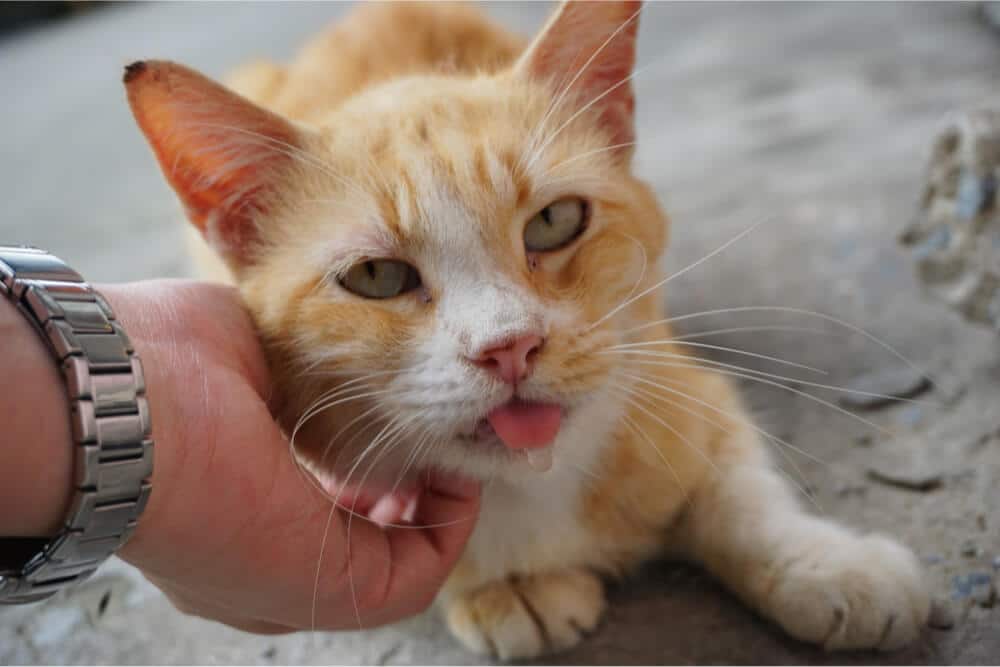Key Takeaways:
- Teeth grinding in dogs can be a sign of pain or discomfort.
- Anxiety and stress are common reasons why dogs grind their teeth.
- Dental issues, such as misaligned teeth or gum disease, can also cause dogs to grind their teeth.
- Sometimes, dogs may grind their teeth as a result of neurological conditions or medication side effects.
- Regular dental check-ups and addressing underlying health issues can help prevent teeth grinding in dogs.
Are you a dog lover? Do you want to ensure the well-being of your furry friend? Then, understanding why dogs grind their teeth is essential for you! This intriguing topic holds the key to unlocking a deeper connection with your canine companion. By delving into the reasons behind this behavior, you will gain valuable insights that can help improve your dog's overall health and happiness. Did you know that up to 85% of dogs experience teeth grinding at some point in their lives? It's true! So, if you're ready to uncover the mysteries behind this common yet often misunderstood habit, join us as we explore the fascinating world of why dogs grind their teeth. Get ready to embark on an eye-opening journey that will leave you equipped with knowledge and armed with solutions to better care for your four-legged friend.
Common Reasons Why Dogs Grind Their Teeth
Teeth grinding in dogs, also known as bruxism, can occur due to various reasons. One common cause is dental problems. Just like humans, dogs can experience tooth decay, gum disease, or misalignment of their teeth. These issues can lead to discomfort or pain, causing the dog to grind its teeth in an attempt to alleviate the discomfort.
Another reason for teeth grinding in dogs is anxiety or stress. Dogs can experience anxiety from various factors such as separation from their owners, loud noises, or changes in their environment. This anxiety can manifest as teeth grinding as a way for the dog to cope with the stress.
How Anxiety or Stress Can Cause Dogs to Grind Their Teeth
Dogs are sensitive creatures and can easily become anxious or stressed in certain situations. When a dog feels anxious or stressed, it may start grinding its teeth as a way to release tension and cope with these emotions. The act of grinding helps them distract themselves from their worries and provides a sense of relief.
For example, if a dog is left alone for long periods without its owner, it may feel anxious and resort to teeth grinding as a self-soothing mechanism. Similarly, if a dog encounters loud noises like thunderstorms or fireworks that make them nervous, they might grind their teeth in response.
Dental Problems and Teeth Grinding in Dogs: What You Need to Know
Dental problems are one of the leading causes of teeth grinding in dogs. Just like humans, dogs can suffer from tooth decay, gum disease, and other oral health issues that cause discomfort and pain. If your dog has dental problems such as cavities or infected gums, they may start grinding their teeth as a way to alleviate the pain.
Regular dental care, including brushing your dog's teeth and providing them with appropriate chew toys, can help prevent dental problems and reduce the likelihood of teeth grinding. It is also essential to schedule regular check-ups with a veterinarian who can identify any dental issues early on and provide appropriate treatment.
Medical Conditions and Pain: Possible Causes of Teeth Grinding in Dogs
In some cases, teeth grinding in dogs can be a symptom of underlying medical conditions or pain. Certain diseases or injuries can cause discomfort that leads to teeth grinding as a response. For example, temporomandibular joint (TMJ) disorders or arthritis can cause jaw pain, which may result in teeth grinding.
If you notice your dog grinding its teeth persistently or if they show signs of pain such as reluctance to eat or difficulty opening their mouth, it is crucial to consult a veterinarian. They will be able to diagnose any potential medical conditions and provide appropriate treatment options.
Behavioral Issues That Might Cause a Dog to Grind Its Teeth
In addition to anxiety and medical reasons, certain behavioral issues can contribute to teeth grinding in dogs. For instance, dogs that have not been properly trained may develop habits like excessive chewing or teeth grinding. This behavior can become ingrained over time and continue even when there is no underlying stress or pain.
To address behavioral issues causing teeth grinding, it is important to provide proper training and guidance for your dog. Positive reinforcement techniques such as rewards for good behavior can help redirect their focus away from teeth grinding.
Tips for Preventing and Addressing Teeth Grinding in Dogs
Prevention:
- Ensure regular dental care by brushing your dog's teeth regularly using toothpaste formulated for dogs.
- Provide appropriate chew toys to promote dental health and discourage teeth grinding.
- Keep your dog's environment calm and stress-free, minimizing potential triggers for anxiety or stress.
Addressing Teeth Grinding:
- If you suspect dental problems, schedule a veterinary check-up to identify and treat any underlying issues.
- Consult with a veterinarian to rule out any medical conditions that may be causing the teeth grinding.
- Implement positive reinforcement training techniques to address behavioral issues contributing to teeth grinding.
The Importance of Consulting a Veterinarian if Your Dog is Grinding Its Teeth
If you notice your dog grinding its teeth, it is essential to consult a veterinarian. While occasional teeth grinding may not be a cause for concern, persistent or excessive grinding can indicate underlying issues that require professional attention.
A veterinarian will be able to examine your dog's oral health, assess any potential medical conditions or pain, and provide appropriate treatment options. Early detection and intervention can help prevent further discomfort or complications for your furry friend.
In conclusion, dogs may grind their teeth due to various reasons such as dental problems, stress, or pain. It is important for pet owners to monitor their dog's behavior and consult a veterinarian if teeth grinding persists, as it could indicate an underlying issue that needs attention.
How do I stop my dog from grinding his teeth?
To prevent your dog from grinding their teeth, it is necessary to consult a veterinarian. If the underlying cause is not addressed, the grinding will not improve, and it can lead to significant dental damage. Once the enamel becomes weakened, the dog is more susceptible to cavities, infections, and broken teeth.
What does bruxism sound like in dogs?
At first, you might not notice that your dog is grinding its teeth. The sound may be quiet or it could resemble chattering or grinding noises.
Why do dogs make noise with their teeth?
Dogs may exhibit teeth chattering as a result of fear, stress, or anxiety. This behavior is commonly seen in dogs with separation anxiety or in situations that cause them distress, such as thunderstorms or loud noises.
Why does my dog grind her teeth when she stretches?
Dog teeth grinding, also called bruxism, is often a result of pain in either the mouth or stomach of the dog. This grinding can lead to more severe issues such as fractures, infections, exposed pulp, painful teeth and gums, and enamel erosion, so it is crucial to consult with a veterinarian.
What is malocclusion in dogs?
A skeletal malocclusion occurs when there is an abnormal jaw length that causes the teeth to be misaligned. On the other hand, a dental malocclusion happens when the upper and lower jaws are of normal length but there are one or more teeth that are not in the correct alignment.
Is it good for dogs to grind their teeth on bones?
Many pet owners believe that meat bones are a safe and natural chew toy for their pets. However, chewing on hard objects, including bones, can actually lead to tooth fractures. Dogs enjoy bones and can become so engrossed in chewing them that they may not realize they have cracked or broken a tooth.

















